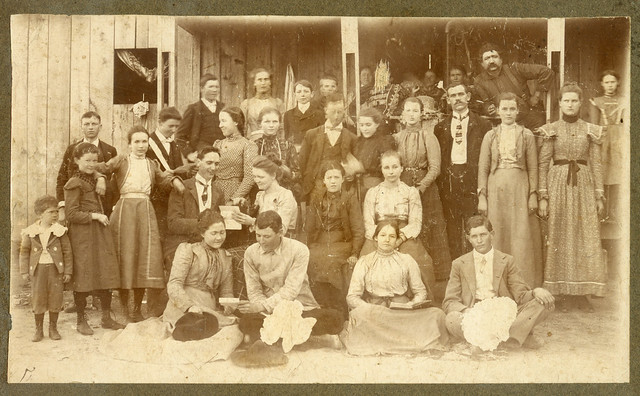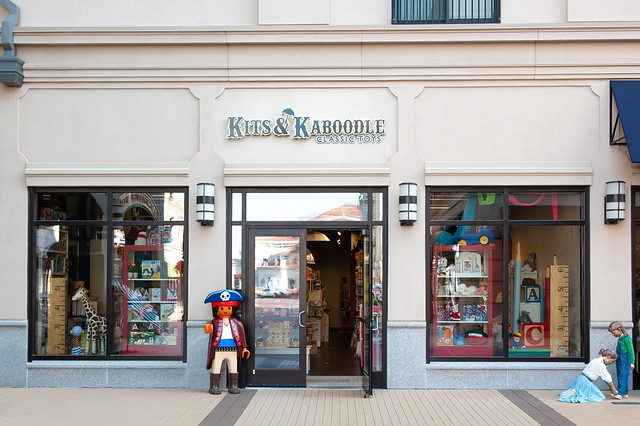Podcast: Play in new window | Download
In this episode we find out what links the words spear and beam in Celtic languages with words for sceptre and arrow in other languages.
The Proto-Celtic word *gaisos means spear. It comes from Proto-Germanic *gaizaz [ˈɣɑi̯.zɑz] (spear, pike, javelin), from Proto-Indo-European *ǵʰoysós (throwing spear), from *ǵʰey- (to throw, impel) [source].
Descendents in the modern Celtic languages include:
- ga [ɡa]= spear, dart, sting, ray (of light), radius, suppository or (fishing) gaff in Irish.
- gath [gah] = dart, beam, ray (of light), sting, barb or shooting pain in Scottish Gaelic
- goull = beam, dart or ray in Manx
- gwayw [ɡweɨ̯.ʊ] = lance, spear, javelin, shooting pain, stab, stitch or pang in Welsh
- guw = spear in Cornish
- goaf = spear, pike, javelin or stamen in Breton
Words from the same Proto-Celtic root in other languages include gezi [ɡe̞.s̻i] (arrow) in Basque (via Latin and Gaulish), գայիսոն [ɡɑjiˈsɔn/kʰɑjiˈsɔn] (sceptre) in Armenian (via Ancient Greek), gaesum (a Gaulish javelin) in Latin, and γαῖσος [ɡâi̯.sos] (a Gaulish javelin) in Ancient Greek [source].
Words from the same Proto-Germanic root include garfish (any fish of the needlefish family Belonidae) in English [source], geer (spear) in Dutch, Ger (spear) in German, and keihäs (spear, javelin, pike) in Finnish, [source].
Incidentally, my surname, Ager, possibly comes from the same Proto-Germanic root as well, via the Old English name Ēadgār, from ēad (happiness, prosperity), and gār (spear) [source].
You can find more details of words for spears, javelins and related things on the Celtiadur blog. I also write about words, etymology and other language-related topics on the Omniglot Blog.
Radio Omniglot podcasts are brought to you in association with Blubrry Podcast Hosting, a great place to host your podcasts. Get your first month free with the promo code omniglot.











